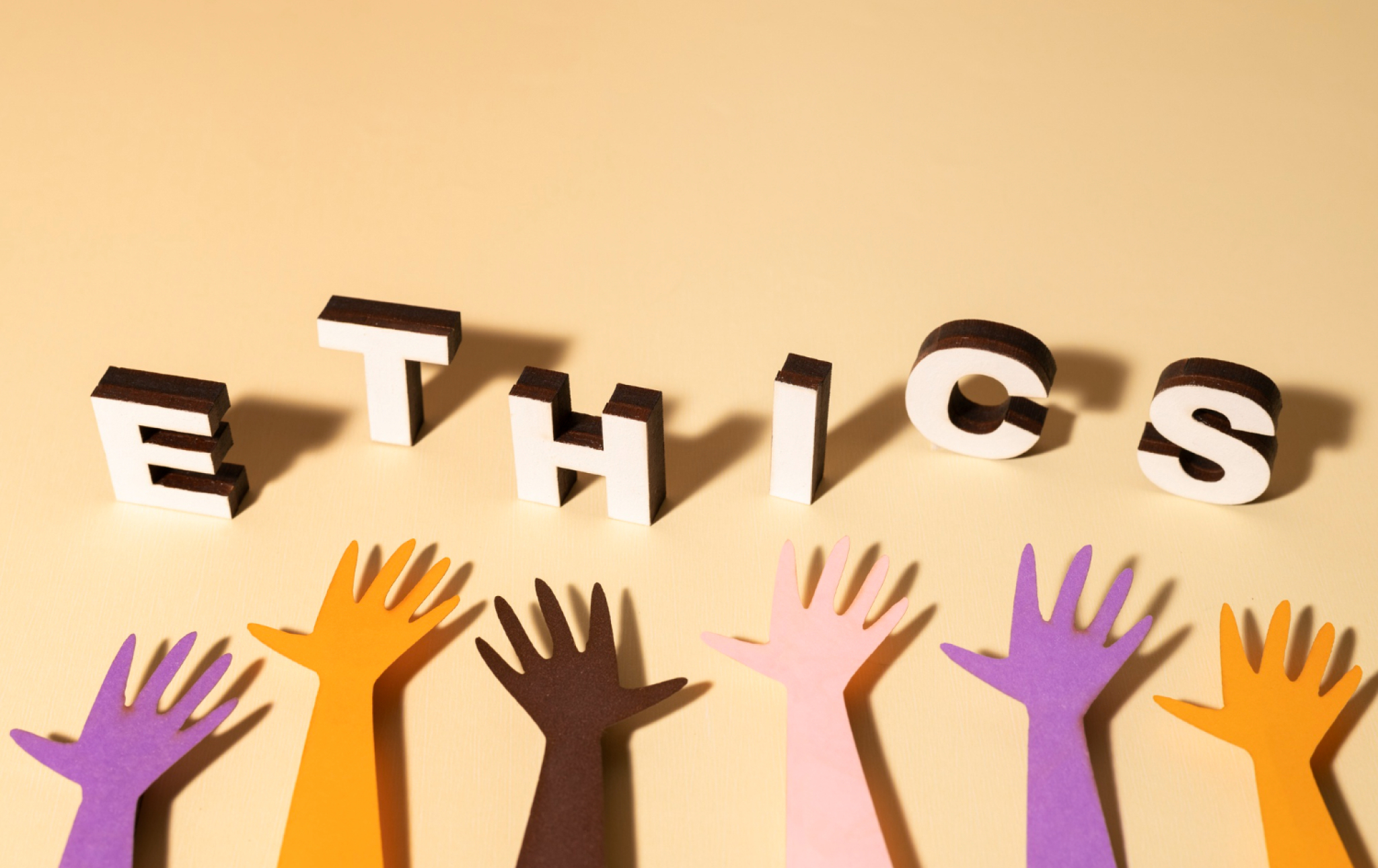Blog Post
Interesting and Relevant Articles on Medical Ethics
How are ethics and morals different?

Although the two concepts are often confused with one another and the terms used interchangeably, ethics and morals are different. Ethics are standards of behavior that determine the way a person should act within a given group, community, or society. Morals, on the other hand, are sets of values that come to us through family, religious affiliation, self-reflection, or by other means and by which we personally judge what is right and wrong. To put it another way, we follow our ethics because the group we are a part of says it’s the right way to act, and we follow our morals because we personally believe a certain thing is right or wrong.
Ethics typically refer to the principles or standards of conduct that govern the actions of individuals within a specific group, profession, or society. These standards are often codified into codes of conduct or professional guidelines and are based on shared values and norms within the group. For example, medical ethics dictate how healthcare professionals should behave in their interactions with patients and colleagues.
Morals, on the other hand, are more personal and subjective beliefs about what is right or wrong. Morals are often shaped by factors such as personal experiences, upbringing, cultural background, religion, and individual conscience. Unlike ethics, which are often external standards imposed by a group or society, morals are internalized and guide an individual's personal behavior and decision-making.
While there may be overlap between ethics and morals, they operate on different levels and serve distinct purposes in guiding human behavior. Understanding the differences between ethics and morals can help individuals navigate complex ethical dilemmas and make informed decisions that align with their personal values and the expectations of the communities to which they belong.
